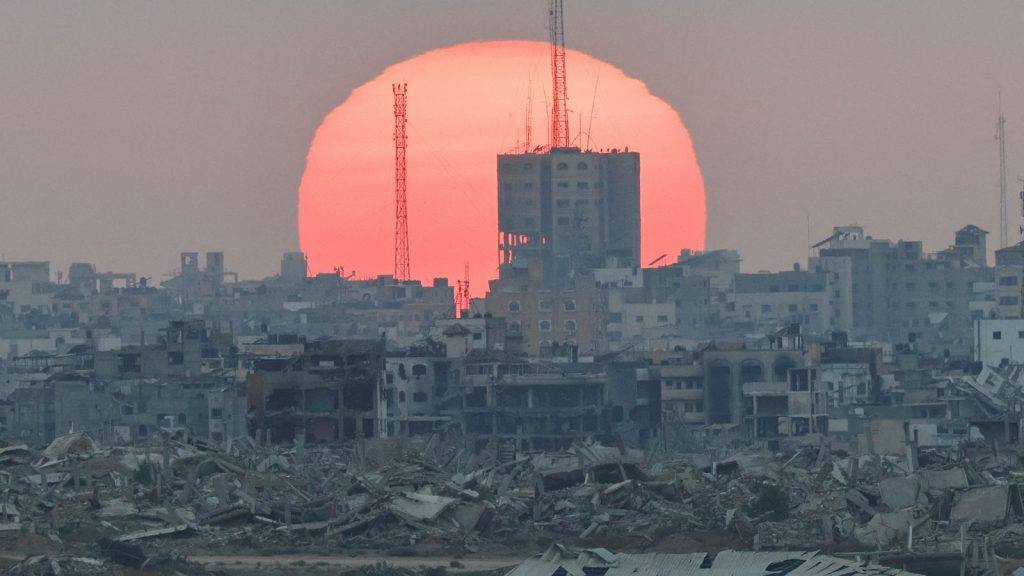Cliff Notes
- The potential for a 60-day ceasefire in Gaza hinges on Hamas’s acceptance, amidst ongoing rigid positions from both sides of the negotiation.
- Domestic political pressures in Israel, particularly from right-wing coalition members, influence Prime Minister Netanyahu’s preference for a temporary ceasefire over a permanent solution.
- The role of former President Trump emerges as a pivotal factor, with speculation that his involvement could break the existing deadlock.
Trump warns Hamas – and claims Israel has agreed to 60-day ceasefire in Gaza
Analysis: Many unanswered questions remain
In the long Gaza war, this is a significant moment.
For the people of Gaza, for the Israeli hostages and their families – this could be the moment it ends. But we have been here before, so many times.
The key question – will Hamas accept what Israel has agreed to: a 60-day ceasefire?
At the weekend, a source at the heart of the negotiations told me: “Both Hamas and Israel are refusing to budge from their position – Hamas wants the ceasefire to last until a permanent agreement is reached. Israel is opposed to this. At this point only President Trump can break this deadlock.”
The source added: “Unless Trump pushes, we are in a stalemate.”
The problem is that the announcement made now by Donald Trump, which is his social-media-summarised version of whatever Israel has actually agreed to, may just amount to Israel’s already-established position.
We don’t know the details and conditions attached to Israel’s proposals.
Would Israeli troops withdraw from Gaza? Totally? Or partially? How many Palestinian prisoners would they agree to release from Israel’s jails? And why only 60 days? Why not a total ceasefire? What are they asking of Hamas in return? We just don’t know the answers to any of these questions, except one.
We do know why Israel wants a 60-day ceasefire, not a permanent one. It’s all about domestic politics.
If Israeli Prime Minister Benjamin Netanyahu was to agree now to a permanent ceasefire, the extreme right-wingers in his coalition would collapse his government.
Itamar Ben-Gvir and Bezalel Smotrich have both been clear about their desire for the war to continue. They hold the balance of power in Mr Netanyahu’s coalition.
If Mr Netanyahu instead agrees to just 60 days – which domestically he can sell as just a pause – then that may placate the extreme right-wingers for a few weeks until the Israeli parliament, the Knesset, is adjourned for the summer.
It is also no coincidence that the US president has called for Mr Netanyahu’s corruption trial to be scrapped.
Without the prospect of jail, Mr Netanyahu might be more willing to quit the war safe in the knowledge that focus will not shift immediately to his own political and legal vulnerability.


